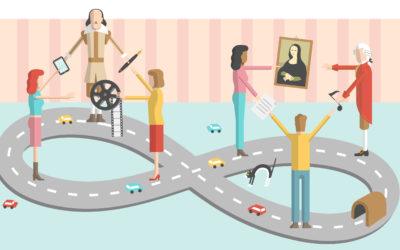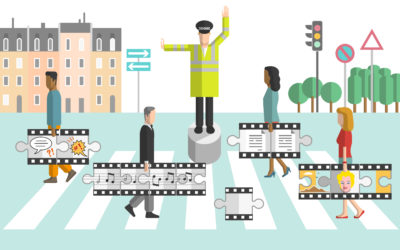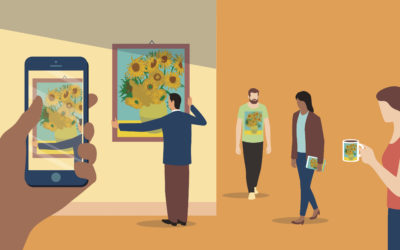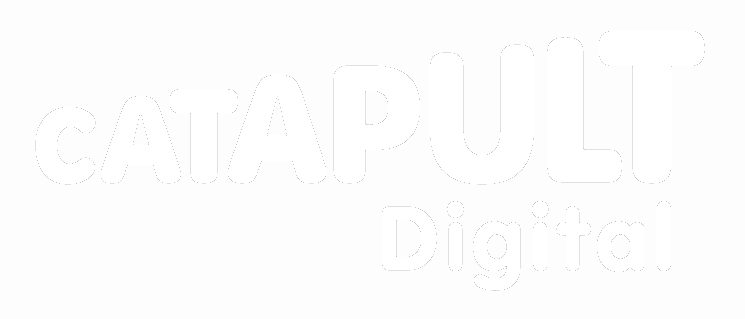1. Who is responsible for getting permission to use protected content?
A person wishing to use a copyright work in the production of new work (such as a web designer wanting to embed an image into a new website) is responsible for identifying all the copyright owners and getting permission before using the work.
This process can be extremely demanding since some complex works, like films, have several rights attached to them and each right may have more than one owner. However, there are organisations called collecting societies which streamline this process by selling licences on behalf of rights holders. You can find more information about this here.
2. Is it okay to use images gathered from online search engines?
The fact that a work is publicly available (such as a picture you find using Google Images search) does not allow you to freely re-use it. Search engines simply scan the internet and provide the searcher with any relevant results. The images you gather by using online search engines are likely to be copyright protected, meaning that you need to get permission from the copyright owner in order to use them.
If the image is distributed under a Creative Commons licence, then you are free to re-use it under the conditions of the licence. You can find more information about Creative Commons licences here.
3. Is it okay to use content when there is no copyright information about it?
Even if there is no © symbol or any copyright information at all attached to the work you want to use, the work is still likely to be protected. Copyright arises automatically and no registration or other formalities are required.
A work protected by copyright but whose copyright owner is unknown or cannot be found is called an ‘orphan work’. Since October 2014, a licensing scheme allows users to apply for a licence to use orphan works for both commercial and non-commercial purposes within the UK, and an orphan works exception allows certain uses of works by UK cultural heritage institutions. You can find more information about both the licensing scheme and the orphan works exception here.
Related
Using & Reusing
When creating new work, it is natural to be inspired by the work of others. However, there is an important distinction between simply being inspired and unlawfully copying.
Getting Permission
When you want to use a work that is in copyright, you need to get permission from all copyright owners. Some works have several rights attached to them and each right may have more than one owner…
Terms & Conditions
Terms and conditions are a set of rules. These rules generally form a contract between you, the user, and the service provider, whose website you are visiting.











